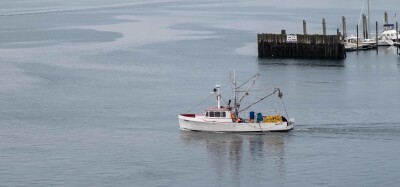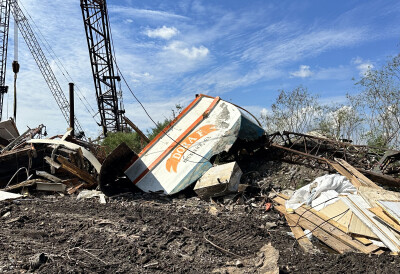For thousands of years, the jagged rocks of a submerged mountain range about 80 miles off the coast of Gloucester have preserved one of the region’s most distinct marine habitats. The frigid waters and glacier-sculpted peaks are home to a billowy kelp forest and an abundant array of life, from multicolored anemones to cod the size of refrigerators.
Fishermen long combed the muddy basins on the periphery of Cashes Ledge and brought home massive hauls of cod, pollock, and other groundfish. But 12 years ago, in an effort to bolster declining fish stocks, regulators cordoned off 550 square miles of the area, making it one of the largest fishing closures from Cape Cod to Nova Scotia.
Now, with fishermen hurting from strict government limits on the size of their catch, the New England Fishery Management Council, which oversees fishing issues in the region, is considering reopening some or all of the area to trawlers.
This prospect — even if the most sensitive areas remain protected — has infuriated environmental advocates, who worry about harming the ledge’s unique biodiversity and further damaging already dramatically reduced cod populations.
“If they open up what is basically a museum of life in the Gulf of Maine, it would be like taking a snowplow through the natural history,” said Jon Witman , a marine ecologist and professor of biology at Brown University, who has been studying the area for years. “To not protect these areas is unconscionable. This is a sanctuary.”
But fishermen argue that the closure is no longer necessary because a quota system now caps the amount of each species that fishermen can catch each year.
Read the full story at Boston Globe>>
Want to read more about Cashes Ledge? Click here…






